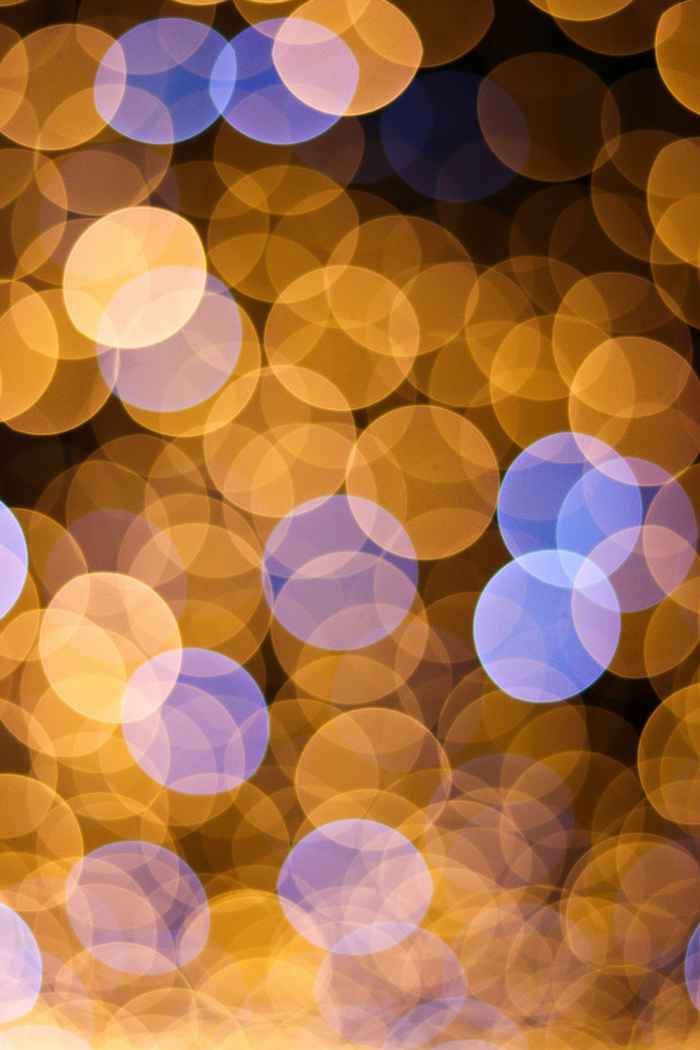Tripping on Film
- Date
- 17 October 2024
- Time
- 19:00

Tripping on Film
Film Lecture by Patricia Pisters
In his famous book Expanded Cinema Gene Youngblood brought together the American Avantgarde and experimental cinema of the 1960s. By ‘expanded cinema’ he actually meant ‘expanded consciousness’. In this way he connected human consciousness and what humans are able to perceive and think, directly to the powers of analogue and (emerging) digital cinema to go beyond the human scope. Youngblood’s observations where also informed by the burgeoning new technologies such as early cybernetics and experimental computers, and a search to find alternatives for commercial narrative cinema and sponsored television.
In a manifesto from 1970 called Radical Software: An Alternate Television Movement he calls to arms: ‘The media must be liberated, must be removed from private ownership and commercial sponsorship, must be placed in the service of all humanity. We must make the media believable. We must assume conscious control over the videosphere. We must wrench the intermedia network free from the archaic and corrupt intelligence that now dominates it.’
And so Youngblood translates the utopian vision shared by many experimental and avant-garde filmmakers that art, cinema, and cybernetic technology can create a new world, expressing the believe of Buckminster-Fuller, who wrote the introduction to Expanded Cinema that ‘You never change things by fighting the existing reality. To change something, build a new model that makes the existing model obsolete.’ Expanded Cinema refers regularly to the non-ordinary states of mind that psychedelics (such as LSD, magic mushrooms and mescaline) shares with these avantgarde films.
This lecture will start out with a return to these experimental films of the 1960s and demonstrate in what ways film can be experienced as a trip, bringing us out of our ordinary mind sets. The program will include the screening of one of Allure (1961), one of Jordan Belson’s abstract cosmic cinema films. But it will also look at some of the works by female experimental filmmakers such as Shirley Clark and Carolee Schneemann. Both the films of the East Coast as well as the West Coast will be situated in the surrounding milieu of the 1960s transgressive psychedelic culture of freedom and rebellion.
In the second part, we will move to the contemporary age where psychedelics are back on the map. In science and psychiatry there is a revival to look at psychotropic substances for therapeutic use. At the same time, in culture, there is an explosion of both popular and experimental cinema and art experiences that make us trip again, albeit in different ways. In any case, this is what we will explore by looking at several contemporary examples ranging from Ben Russell’s Trypps (2005-2020) to Sean Price Williams The Sweat East (2023). And we will watch Morgan Quaintaince short experimental film Surviving You, Always (2020)
Patricia Pisters is professor of film at the Media Studies department of the University of Amsterdam. She recently edited a special issue for Deleuze and Guattarie Studies and the psychedelic revival. She is the author of New Blood in Contemporary Cinema on female directors of the horror genre. And of Filming for the Future on the films of Louis van Gasteren.